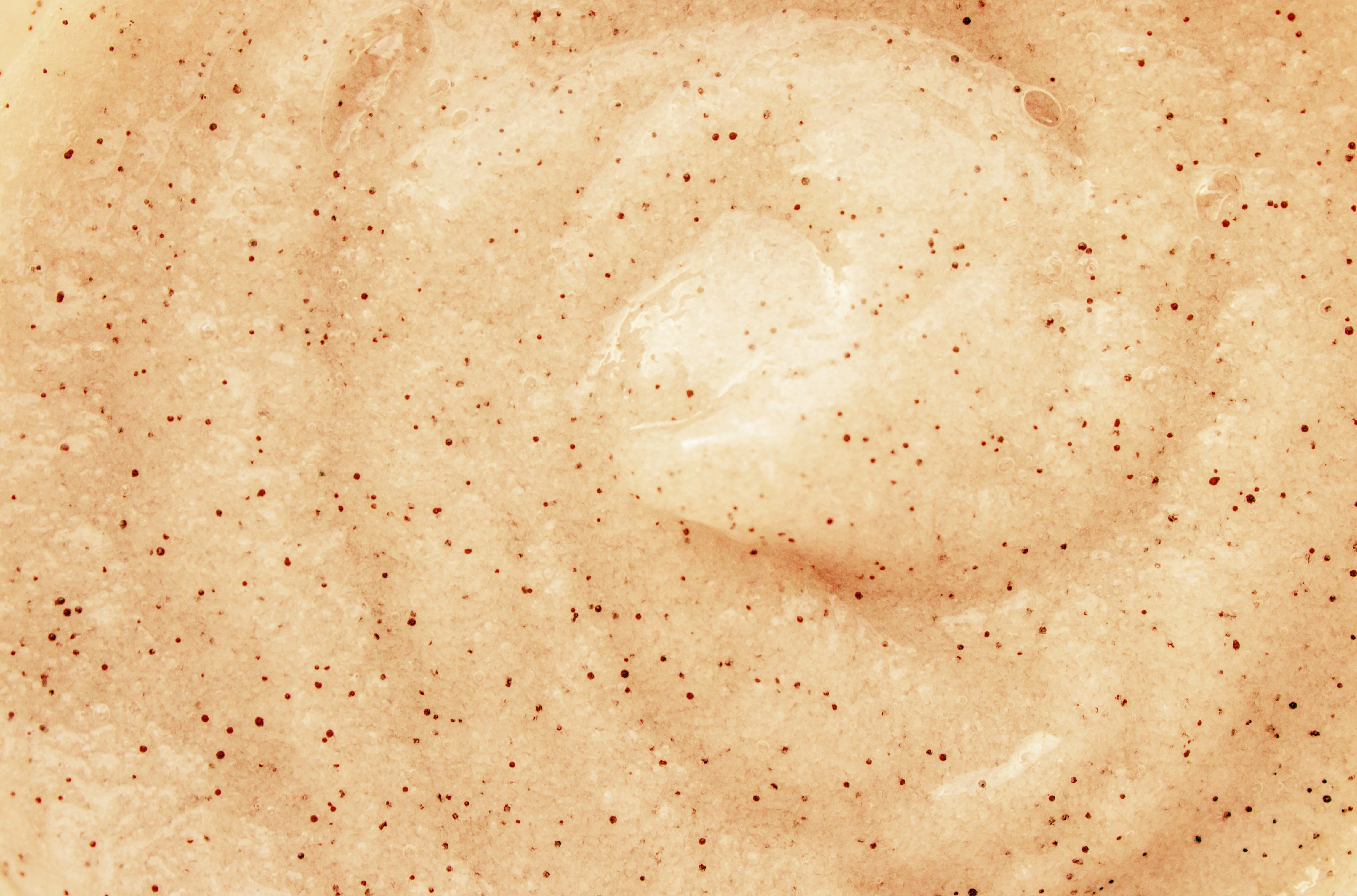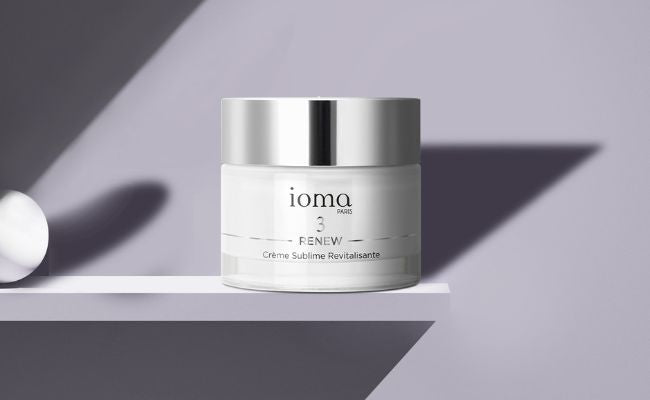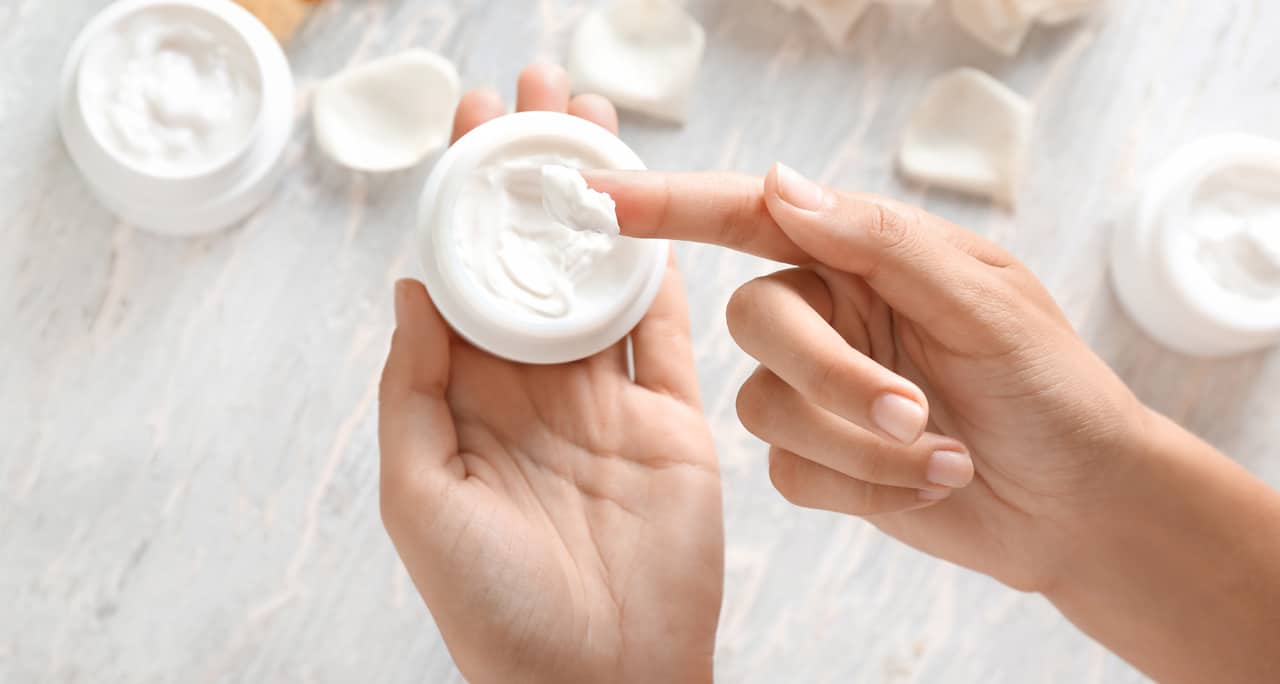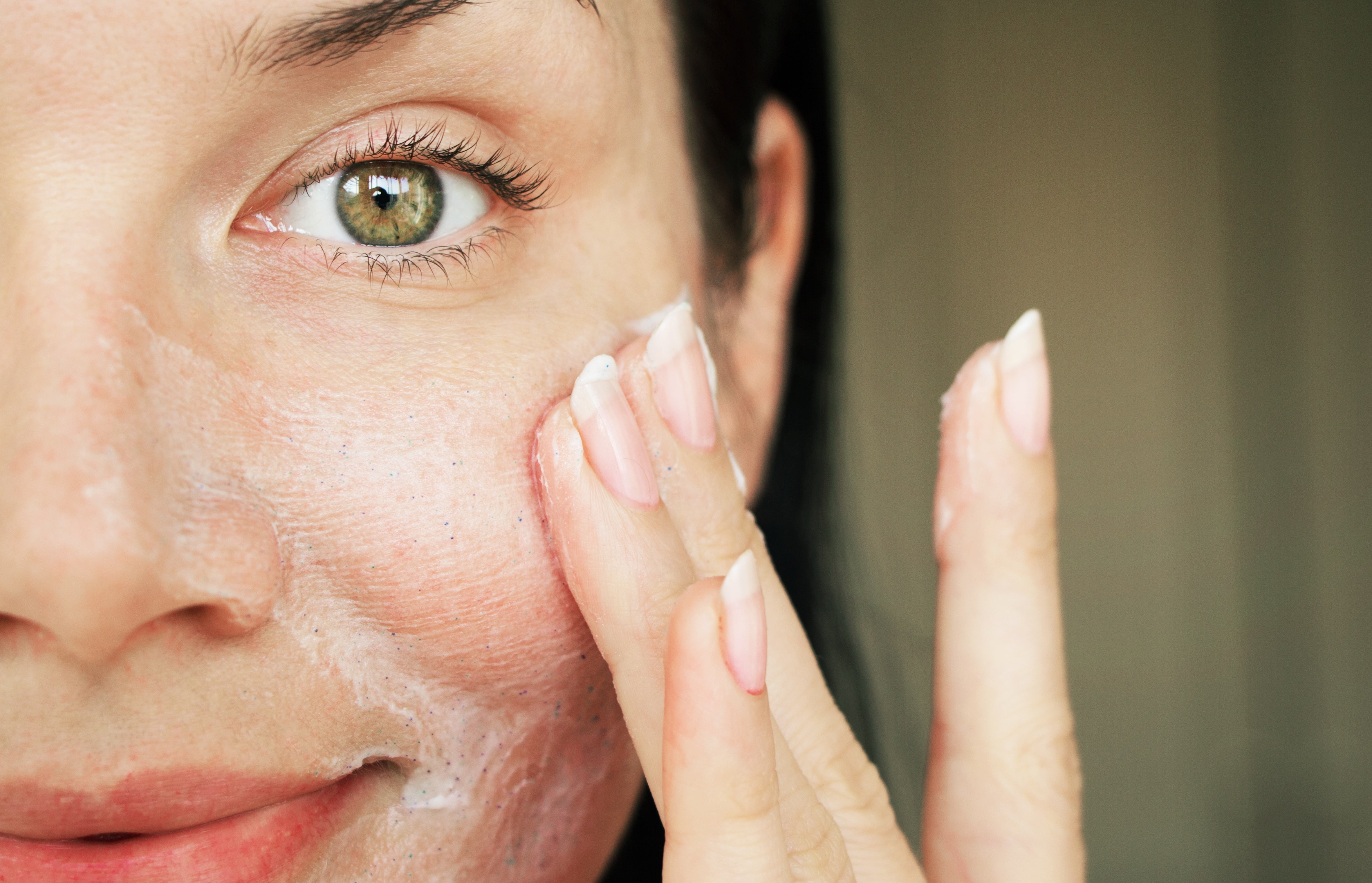
Why do you need to exfoliate?
What is the purpose of exfoliation?
Exfoliating is of paramount importance for our skin. Exfoliation enhances, beautifies, and maintains the skin, but above all, maintains its elasticity and thus its youthfulness. Exfoliation serves to eliminate dead cells present on the skin's surface. It thus promotes regeneration and the production of new cells, refines and smooths skin texture, and maintains a radiant complexion. More specifically, it stimulates cell renewal. Exfoliating regularly allows for better absorption of moisturizers and helps prepare your skin for the sun, allowing your tan to last longer.
How to choose the right scrub?
Facial exfoliation is specific because the skin is thinner and more fragile than the rest of the body. Like all treatments, it can depend on your skin type and beauty routine.
For sensitive or dehydrated skin: So-called "chemical" or gentle " peeling " scrubs are suitable for sensitive skin because they are gentler and do not contain grains that exfoliate the skin. It is the acidic agents contained in the product that will eliminate dead cells on the surface of the skin while limiting the risk of inflammation.
For oily or combination skin: On the middle zone, a grainy facial scrub will be your best ally to avoid stimulating the sebaceous glands. Scrubs enriched with clay can also be a good solution, as they regulate sebum production while gently exfoliating the skin.
For oily skin with imperfections and a tendency to shine: opt for an enzymatic scrub, or fruit acid peel, for a purifying action. These products do not contain grains to avoid stimulating sebum production. They purify the skin ultra-effectively.
What are the different types of scrubs?
Mechanical exfoliation
Mechanical scrub is a grain exfoliant. After application and massaging the skin, it is rinsed off with water. Its creamy texture exfoliates the surface of the skin, enveloping dead cells and impurities, for supple, soft skin and a luminous complexion. This scrub is recommended for normal to combination skin. This type of scrub is not recommended for dry and sensitive skin because the grains and beads can be too aggressive for the skin unless they are round beads, in which case dry skin tolerates it relatively well.
Chemical or enzymatic exfoliation
Enzymatic scrubs are applied like a cream or mask to the face, in a thin layer, and require a certain amount of time to rest. Enzymes are the active ingredients that act chemically to penetrate the pores and remove dead skin cells, impurities, and excess sebum. Enzymatic scrubs are particularly suitable for dry, sensitive, and reactive skin.
How often should you exfoliate?
For dry skin , it is advisable to exfoliate once a week because dryness also makes your skin fragile, so you should not over-aggress it. For sensitive skin , exfoliating every ten days will be enough. Remember to test your product on a small area of the face beforehand. For oily skin , it can be exfoliated once or twice a week. Avoid exfoliating if you suffer from acne. For the body, once or twice a week. Morning is the best time to exfoliate your skin. Indeed, cell renewal is higher during the night, so there are more dead cells when you wake up.
How to apply it correctly?
Apply the scrub using gentle, upward circular motions, paying particular attention to the roughest areas. Do not rub too hard, as this can be harsh on your skin. Rinse thoroughly with clean water and finish with a little fresh water to stimulate circulation.
Mistakes to avoid
Avoid sensitive areas like moles, intimate areas, eye area, sunburn, etc. These areas should not be exfoliated. You don't exfoliate at any time: exfoliations are less recommended in summer because the skin needs to thicken to protect itself from the sun. In case you were wondering, exfoliating doesn't erase your tan; on the contrary, it helps prolong it by regenerating your skin.
Expert advice
- Exfoliation should always be done BEFORE the mask.
- It is an unstoppable tool against stubborn ingrown hairs.
- Facial scrubbing is done on clean skin.
- Remember to moisturize your skin well after exfoliating, as it is exposed and defenseless against external attacks. Applying a moisturizer helps restore a protective film.
- Exfoliating your lips is just as essential as exfoliating your skin. Exfoliating your lips is a beauty routine that shouldn't be overlooked under any circumstances.





